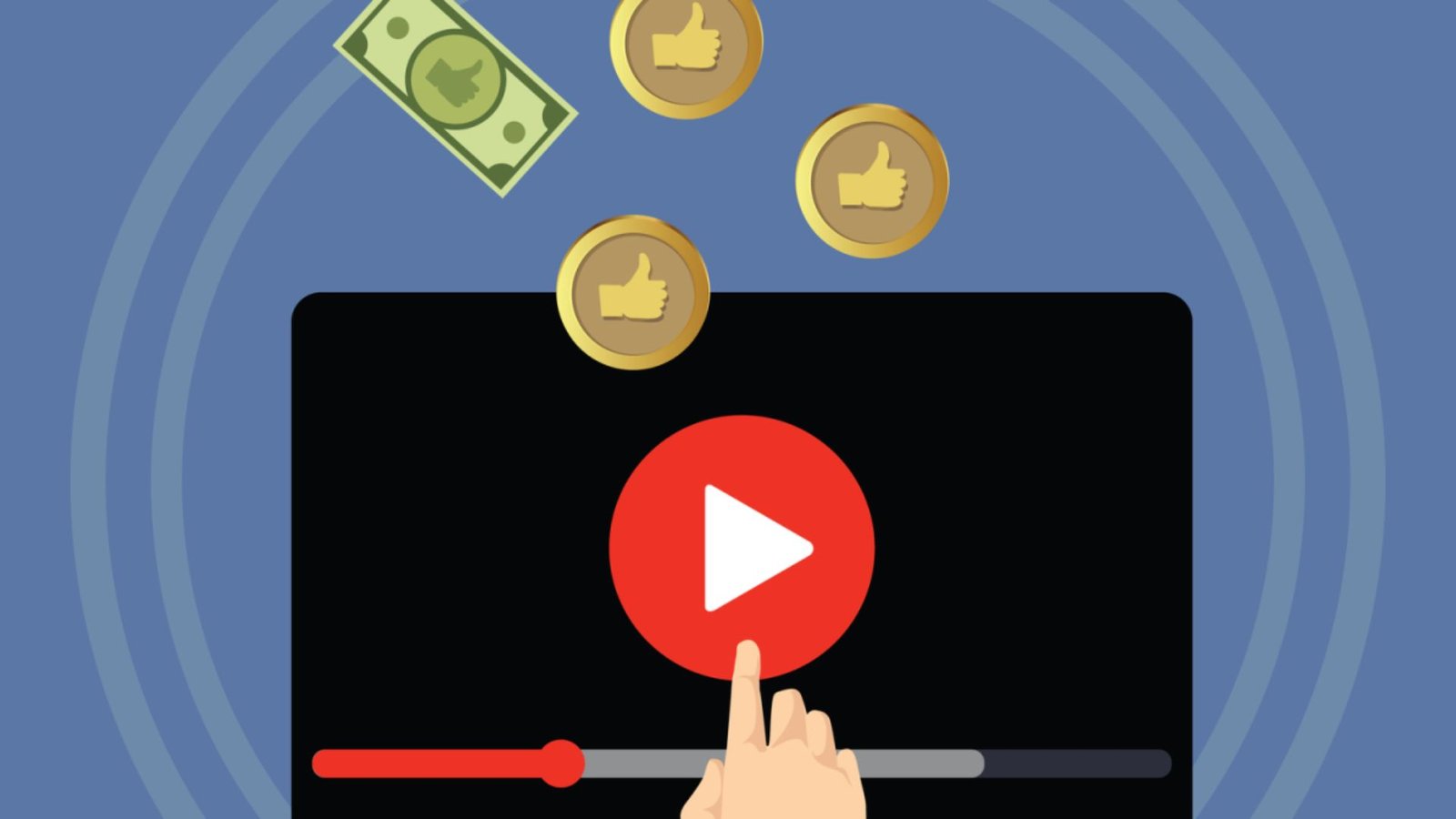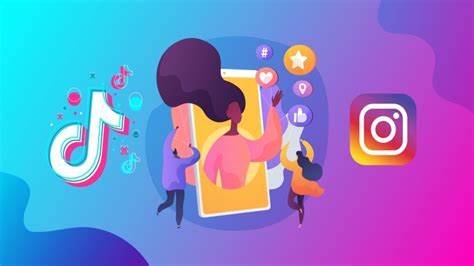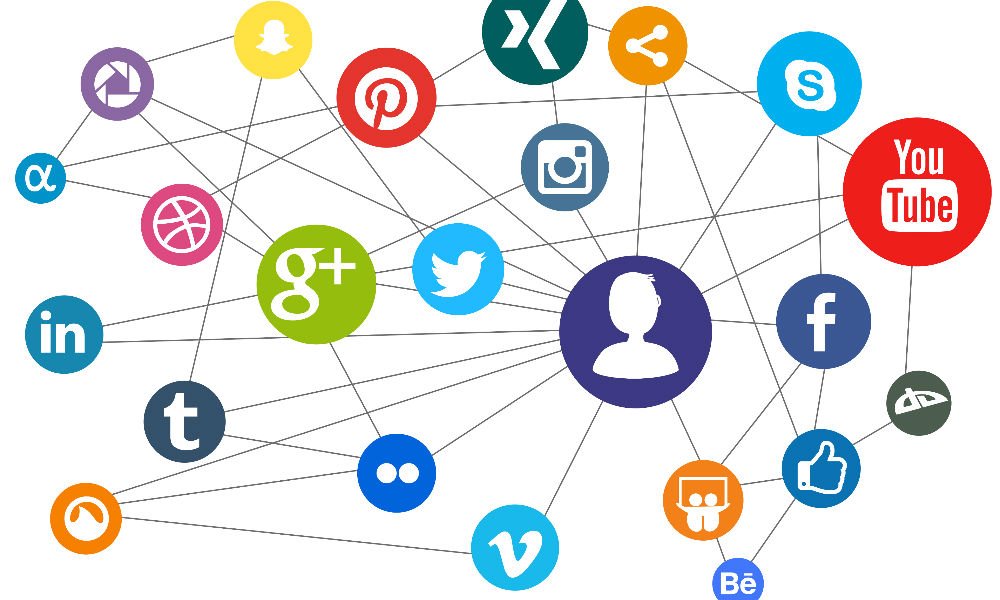In today’s digital age, social media platforms like Facebook, Instagram, Twitter, and TikTok have become integral to our daily lives. While these platforms can enhance communication and foster connections, their impact on mental health is a topic of ongoing debate. In this article, we will explore the pros and cons of social media usage and its effects on mental health.
The Pros of Social Media for Mental Health
1. Enhanced Connectivity
Social media enables individuals to connect with friends and family, regardless of geographical distances. This connectivity can help combat feelings of loneliness and isolation, especially for those who may struggle with in-person social interactions.
2. Support Networks
Online communities provide support and encouragement for individuals dealing with mental health issues. Groups focused on mental health topics allow users to share experiences, seek advice, and offer support to one another, fostering a sense of belonging.
3. Access to Information and Resources
Social media platforms serve as valuable sources of information regarding mental health. Users can access articles, videos, and resources that promote awareness, education, and strategies for coping with mental health challenges.
4. Opportunities for Self-Expression
Social media allows individuals to express themselves creatively through posts, art, and videos. This form of self-expression can be therapeutic, helping users process their emotions and experiences.
5. Advocacy and Awareness
Many social media campaigns aim to raise awareness about mental health issues, reducing stigma and encouraging open conversations. These initiatives can lead to increased understanding and acceptance of mental health challenges in society.
The Cons of Social Media for Mental Health
1. Comparison and Low Self-Esteem
Social media often portrays idealized versions of life, leading to unhealthy comparisons. Constant exposure to curated content can result in feelings of inadequacy and low self-esteem, contributing to anxiety and depression.
2. Cyberbullying and Harassment
The anonymity of social media can lead to negative interactions, including cyberbullying. Victims of online harassment may experience heightened anxiety, depression, and feelings of isolation.
3. Addiction and Screen Time
Excessive social media use can lead to addictive behaviors, with users spending hours scrolling through feeds. This overconsumption can disrupt daily routines, sleep patterns, and face-to-face interactions, impacting overall well-being.
4. Distorted Reality
Social media can create a distorted view of reality, where users believe they need to conform to unrealistic standards. This pressure can exacerbate mental health issues and create a cycle of negative thinking.
5. FOMO (Fear of Missing Out)
The constant stream of updates about friends’ activities can lead to feelings of FOMO, causing anxiety and distress. Individuals may feel left out or disconnected from social events, impacting their self-worth.
Balancing Social Media Use for Mental Wellness
To harness the benefits of social media while mitigating its negative effects, individuals can adopt strategies such as:
- Limit Screen Time: Set boundaries for social media usage to prevent addiction and promote healthier habits.
- Curate Your Feed: Follow accounts that inspire and uplift rather than those that evoke negative feelings or comparisons.
- Engage Mindfully: Practice mindful consumption by reflecting on your feelings and reactions to social media content.
- Seek Support: Utilize online support communities while maintaining awareness of potential negative interactions.
Conclusion
The impact of social media on mental health is multifaceted, with both positive and negative aspects to consider. By understanding the effects of social media and adopting mindful practices, individuals can navigate the digital landscape while prioritizing their mental well-being. As social media continues to evolve, fostering healthy online environments will be crucial for promoting mental health in our interconnected world.









